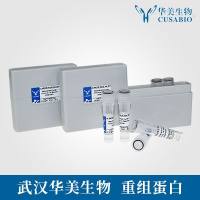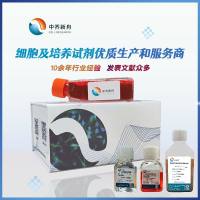Experimental Nasopharyngeal Colonization by Neisseria meningitidis using Explant Organ Culture
互联网
互联网
相关产品推荐

Recombinant-Neisseria-meningitidis-serogroup-B-Undecaprenyl-diphosphataseuppPUndecaprenyl-diphosphatase EC= 3.6.1.27 Alternative name(s): Bacitracin resistance protein Undecaprenyl pyrophosphate phosphatase
¥11214

血清替代物II(Cell Culture Supplement)
¥2580

Recombinant-Neisseria-gonorrhoeae-Undecaprenyl-diphosphataseuppPUndecaprenyl-diphosphatase EC= 3.6.1.27 Alternative name(s): Bacitracin resistance protein Undecaprenyl pyrophosphate phosphatase
¥11214

Recombinant-Neisseria-meningitidis-serogroup-C-Prolipoprotein-diacylglyceryl-transferaselgtProlipoprotein diacylglyceryl transferase EC= 2.4.99.-
¥11298

Recombinant-Neisseria-meningitidis-serogroup-C--serotype-2a-Prolipoprotein-diacylglyceryl-transferaselgtProlipoprotein diacylglyceryl transferase EC= 2.4.99.-
¥11298

